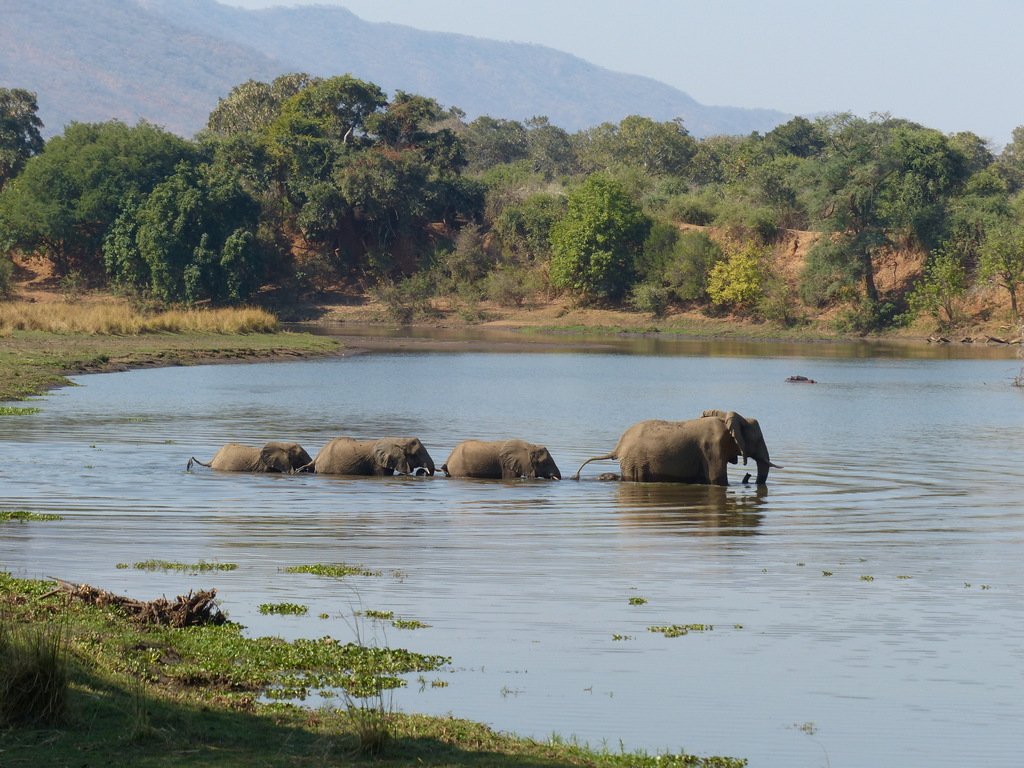
04 March 2021 UPDATE: The Court of Appeals of Zambia has dismissed an appeal to stop the proposed large-scale open-pit mine in Lower Zambezi National Park, upholding the High Court’s decision to dismiss the case.
18 January 2020:
The planned open-cast Kangaluwi copper mine in Lower Zambezi National Park WILL NOT proceed, says a minister in the Zambian government, in a dramatic turnaround of a recent announcement that the controversial mining project would indeed go ahead – based on a legal technicality.
Now, it appears, another legal technicality has come to the fore to reverse that ruling, as Tourism and Arts Minister Ronald Chitotela announced the project wouldn’t go ahead because an environmental impact report that was submitted by the environmental regulator has expired. “If this mining firm wants to go ahead with its project, we can advise them to submit a fresh report which will have to be scrutinized and approved by the government,” he explained in an interview.
As a cautionary subnote to Mr. Chitotela’s confident announcement, there has not yet been any confirmation about the cancellation of the mining permit from the office of Zambia’s president, and Africa Geographic has been informed that at least three additional prospecting permits are being considered, for mining inside the national park.

This mining project has a long history of questionable maneuvres and governmental decisions. The Kangaluwi copper mine project was initially owned by Bermuda-registered Mwembeshi Resources, which was in turn owned by Australian company Zambezi Resources (renamed Trek Metals) before being sold to Dubai-based Grand Resources Limited, a company of dubious substance, but thought to be a front for Chinese investors. It would appear that the Zambian Mines and Mineral Development Act of 2008 does not contain any substantial provisions relating to mining in protected areas and that foreign investors who face more robust legislation in their own countries are targetting this weakness.
Read this post for a thorough analysis of the situation, including the views from various stakeholders and affected parties.
To comment on this story: Login (or sign up) to our app here - it's a troll-free safe place 🙂.![]()






